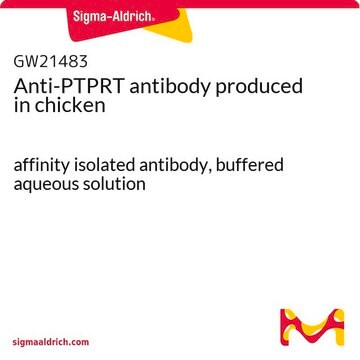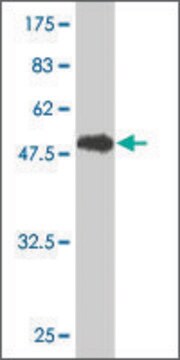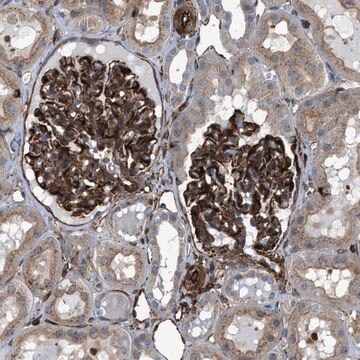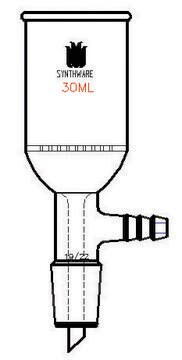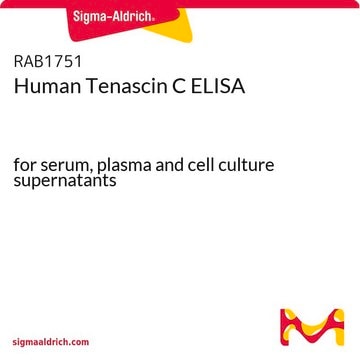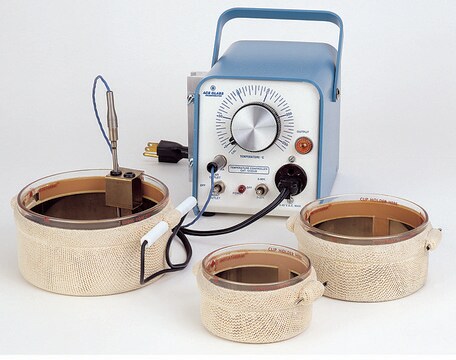WH0005791M4
Monoclonal Anti-PTPRE antibody produced in mouse
clone 2D10, purified immunoglobulin, buffered aqueous solution
Synonym(s):
Anti-DKFZp313F1310, Anti-HPTPE, Anti-PTPE, Anti-RPTPEPSILON, Anti-protein tyrosine phosphatase, receptor type, E
About This Item
IF
indirect ELISA: suitable
Recommended Products
biological source
mouse
Quality Level
conjugate
unconjugated
antibody form
purified immunoglobulin
antibody product type
primary antibodies
clone
2D10, monoclonal
form
buffered aqueous solution
species reactivity
human
technique(s)
immunofluorescence: suitable
indirect ELISA: suitable
isotype
IgG2aκ
GenBank accession no.
UniProt accession no.
shipped in
dry ice
storage temp.
−20°C
target post-translational modification
unmodified
Gene Information
human ... PTPRE(5791)
Related Categories
General description
Immunogen
Sequence
WRMIWEWKSHTIVMLTEVQEREQDKCYQYWPTEGSVTHGEITIEIKNDTLSEAISIRDFLVTLNQPQARQEEQVRVVRQFHFHGWPEIGI
Biochem/physiol Actions
Physical form
Legal Information
Not finding the right product?
Try our Product Selector Tool.
Storage Class
10 - Combustible liquids
flash_point_f
Not applicable
flash_point_c
Not applicable
ppe
Eyeshields, Gloves, multi-purpose combination respirator cartridge (US)
Choose from one of the most recent versions:
Certificates of Analysis (COA)
Don't see the Right Version?
If you require a particular version, you can look up a specific certificate by the Lot or Batch number.
Already Own This Product?
Find documentation for the products that you have recently purchased in the Document Library.
Our team of scientists has experience in all areas of research including Life Science, Material Science, Chemical Synthesis, Chromatography, Analytical and many others.
Contact Technical Service